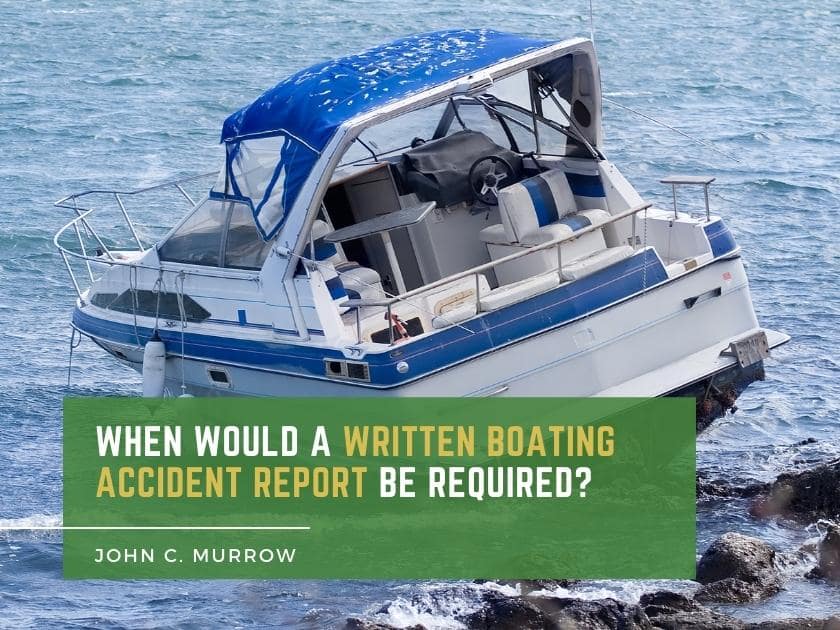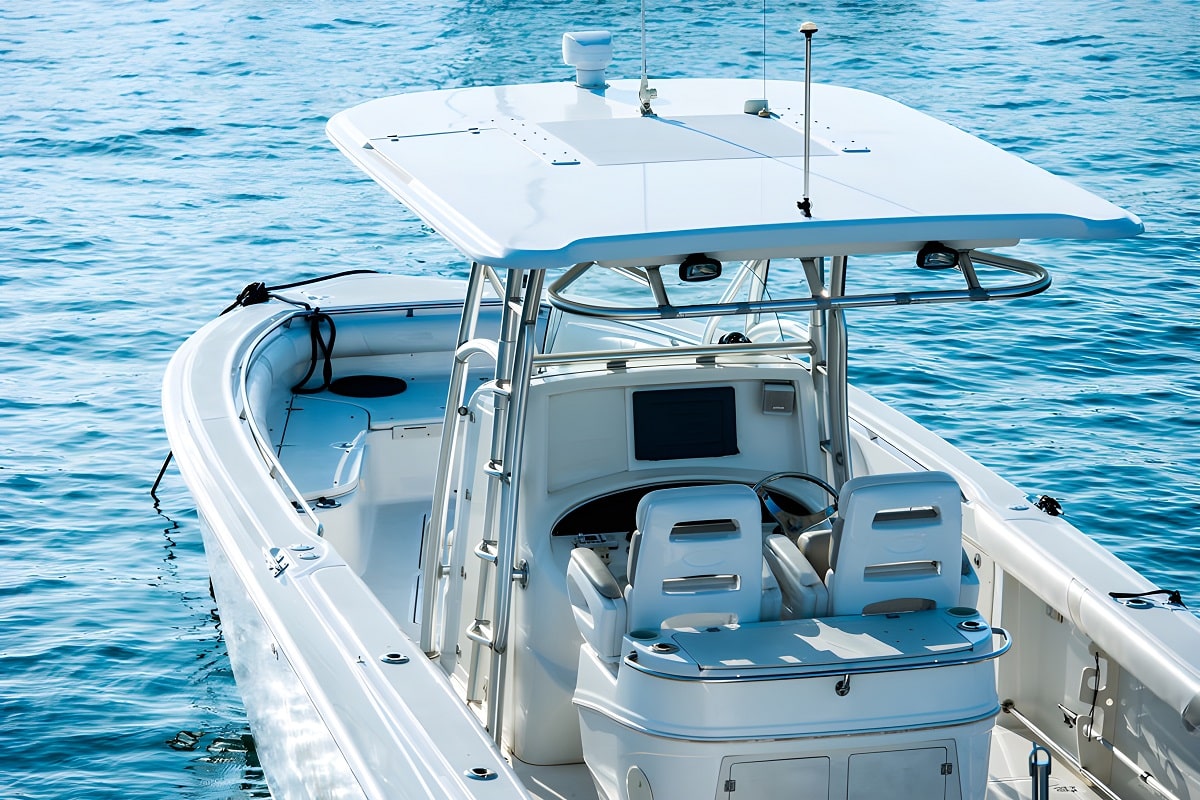Most Common Types of Boating Accidents
Let's first define the common types of boating accidents. In Florida law, you must report the following types of boating accidents:
Collisions With Other Vessels
A collision occurs when two or more moving vessels crash into each other. Not only does this cause significant damage to the boats, but it might also lead to injury or loss of human life. Collisions might be due to many factors, with operator inattention as the most common reason.
Collisions with Stationary Objects
The term used for collisions with a stationary object is "allision." This can happen when a moving boat collides with a stationary vessel, a buoy, bridge, or any other unmoving object.
Capsizing
Capsizing is when a boat turns upside down in the water due to instability. A boat becoming unstable can be because of too many passengers on board, imbalance in the seating or placement of the passengers, or water leaking in. Your boat might also capsize due to bad weather as it rocks the boat, allowing the water to get in.
Sinking
"Flooding" happens when water gets in a boat, but the boat stays afloat. But with "sinking," your boat will become totally submerged in water. A boat could sink due to a lot of reasons. For example, the boat might run aground and hit rocks near the shore. It could also be due to failure in performing routine maintenance such as replacing the stern-drive bellows or cleaning the scuppers.
Falling Overboard
One of the most common boating accidents is a passenger or operator falling overboard. Falling overboard can be mostly due to negligence either on the passengers' part or the operators'. For example, the passenger suddenly stands up while the boat is moving or drinks alcohol while near the edge of the boat. Another reason might be the failure to use lifelines or handholds.
Departed Vessel
A departed vessel refers to when a passenger gets off a boat voluntarily by jumping or diving into the water.
In falling overboard, a person falls off because of other factors such as a sudden change in the boat's direction or when the boat is speeding. But in a departed vessel, the passenger gets off willingly. This situation can be significantly dangerous if the passenger was impaired by alcohol or other drugs.


